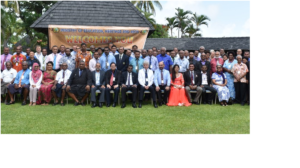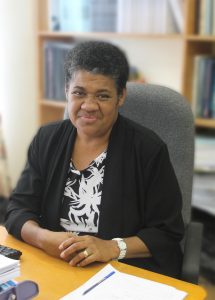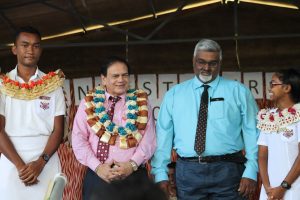UniFiji Employs New Marketing Strategy

The University of Fiji is employing a new marketing strategy whereby each school at the University
would be responsible for their own targeted sub-marketing plans.
Marketing and Public Relations Officer Shirley Sangita Prasad explained that the new strategy was
employed in order to have a maximum and direct outreach to potential students.
“The new enrolment planning and projections process will emphasize on the importance of the
inter-relationships between individual school recruitment and marketing activities, in-class
curriculum and pedagogy, academic support programmes, student services, and the total campus
student experience,” said Prasad.
She also said that process would enable the University to specifically plan the size and composition
of the student body, enhance the student experience, and support student success.
“The process will direct us about the type of institution we want to be, the quality and programme
discipline of students we want to recruit, and establish goals and strategies to help us get there,” she
stated.
Speaking further, she explained that the University was focusing on targeted marketing because it is
cost effective.
“The beauty of target marketing is that by aiming our marketing efforts at specific groups, and here
we are focusing on mostly secondary school students, it makes the promotion, our programmes and
courses easier and more cost-effective,” said Shirley.
The university is also aiming for more community engagements this year.
The University will continue to use mass marketing through carefully scrutinised mediums which will help in the branding of UniFiji to a wide variety of audiences.
![]()




